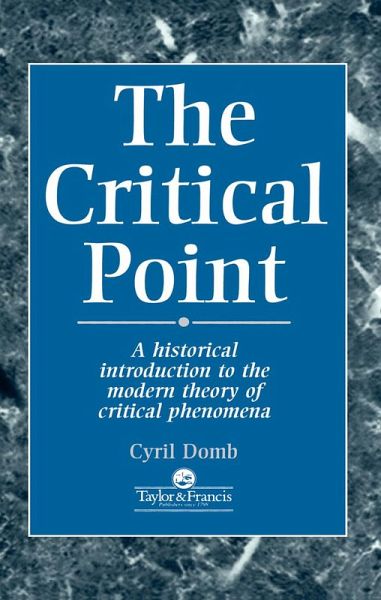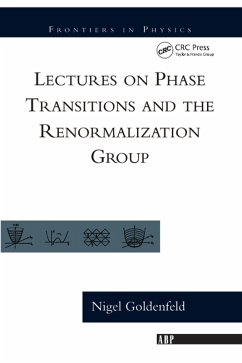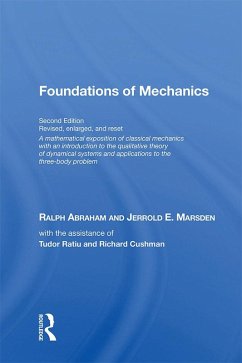
The Critical Point (eBook, ePUB)
A Historical Introduction To The Modern Theory Of Critical Phenomena

PAYBACK Punkte
32 °P sammeln!
The relationship between liquids and gases engaged the attention of a number of distinguished scientists in the mid 19th Century. In a definitive paper published in 1869, Thomas Andrews described experiments he performed on carbon dioxide and from which he concluded that a critical temperature exists below which liquids and gases are distinct phase
Dieser Download kann aus rechtlichen Gründen nur mit Rechnungsadresse in A, B, BG, CY, CZ, D, DK, EW, E, FIN, F, GR, HR, H, IRL, I, LT, L, LR, M, NL, PL, P, R, S, SLO, SK ausgeliefert werden.













